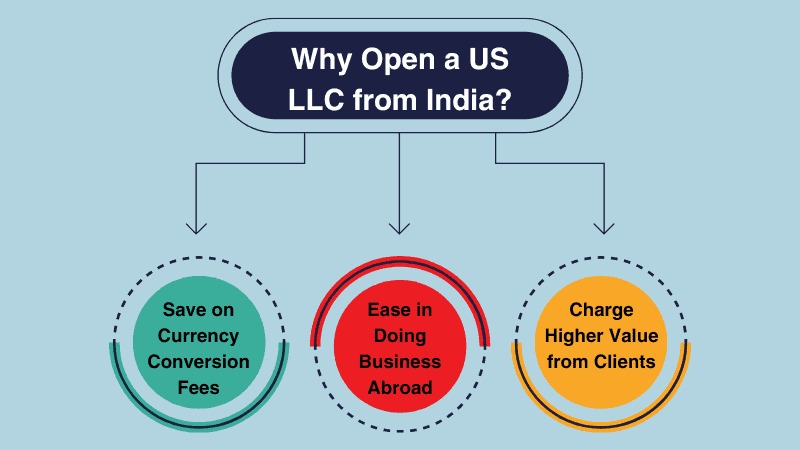@JUDGMENTTAG-ORDER
A.V. Sesha Sai, J.@mdashThe grievance, precisely, in the writ petition is the action of the 2nd respondent-National Insurance Company in treating, the petitioner''s claim as no claim on the ground of delay. Heard Sri B. Gajendra Reddy, learned Counsel for the petitioner and Sri Nisaruddin Ahmed Jeddy, learned Counsel for the 2nd respondent.
2. According to the petitioner, her husband, one Sri late Devana Lova Raju, was employed in V.G.K. Aluminium Rolling Mills, Thadithota, Rajahmundry and was a member in Group General Accidental Insurance with Policy No. 10030/42/04/200012, which was issued for the period 1.10.2004 to 30.9.2005 by the National Insurance Company Limited, and the value of the said policy being Rs. 1,00,000/- in case of any accidental death of the policy holder. As per the petitioner her husband died on 17.12.2004 at 7.30 p.m., due to snake bite while he was coming from duty, and the said fact was testified to by a medical practitioner when her husband was taken to him for treatment. It is the further case of the petitioner that on the same day she made a complaint to the S.H.O., Bommuru Police Station and the same was registered as Crime No. 269 of 2004 under Section 174 Cr.P.C. As per the petitioner all the documents relating to the cause of her husband''s death were submitted to the respondent-Insurance Company as required under the Rules under the claim. The 2nd respondent by virtue of a letter dated 21.9.2005 rejected the claim made by the petitioner as time, barred. In this background, complaining the same as arbitrary, illegal and violative of the principles of natural justice and violative of Article 21 of the Constitution of India, the present writ petition has been filed.
3. Responding to the rule nisi issued by this Court, a counter-affidavit is filed on behalf of the 2nd respondent-Insurance Company saying that the petitioner had already approached the District Forum, East Godavari District, Rajahmundry, constituted under the provisions of the Consumer Protection Act, 1986 (for brevity ''the Act'') for redressal of her grievance and the District Forum rejected the said dispute, as such the present writ petition is not maintainable under Article 226 of the Constitution of India.
4. The material available on record shows that the petitioner''s husband passed away during the currency of the policy. The only ground, obviously, for rejecting the claim of the petitioner is delay in making the claim. It is a fact that earlier the petitioner had approached the District Forum, East Godavari District by raising a consumer dispute under the provisions of Consumer Protection Act. A copy of the order passed by the District Forum dated 2.1.2009 in IA No. 210 of 2008 in SR No. 1147 of 2008 has been placed on record by the learned Counsel for the petitioner, which shows that the complaint filed by the petitioner herein before the District Forum was dismissed as barred by limitation under Section 24-A of the Act.
5. The Insurance Act, 1938 is a beneficial piece of legislation and the provisions of the said legislation, obviously, are intended for the benefit of the persons, who take the policies, in the event of facing any difficulties during the currency of the policy. In the instant case, there is absolutely no dispute with regard to the policy taken by the husband of the petitioner covering the period from 1.10.2004 to 30.9.2005. It is also an undisputed fact that the husband of the petitioner, unfortunately, passed away on 17.12.2004, i.e., during the currency of the policy. The only reason, obviously, assigned by the 2nd respondent for rejecting the claim of the petitioner, is delay in making the claim.
6. The Government of India in exercise of the powers conferred by sub-section (1) of Section 114 of Insurance Act, 1938 framed the Rules called Redressal of Public Grievances Rules, 1998. Under the said Rules, the Union of India created the system of Ombudsman for dealing with the grievances of the individuals against the insurer. Rule 6 of the said Rules deals with appointment of Ombudsman, Rule 12 deals with the power of Ombudsman, Rule 13 deals with the manner in which the complaint is to be made, Rule 15 deals with the recommendations of Ombudsman and Rule 16 deals with the award by the Ombudsman.
7. Since the above Rules provide for the effective mechanism for redressal of grievances of the policy holders, the petitioner herein can avail the same instead of approaching this Court under Article 226 of the Constitution of India. Even though, the petitioner had approached the District Forum, the District Forum, Rajahmundry refused to entertain the claim of the petitioner on the ground of delay. But keeping in view the nature of controversy and also the fate of the petitioner, who is a woman and who lost her husband at the age below 40 years, this Court deems it appropriate to permit the petitioner herein to avail the above mentioned remedy provided under Redressal of Public Grievances Rules, 1998. For the aforesaid reasons, the writ petition is disposed of, permitting the petitioner to file a complaint before the Ombudsman created under the said Rules within a period of one month from the date of receipt of a copy of this order, and the same shall be considered in accordance with law without reference to the limitation as prescribed under the Rules. No order as to costs. As a sequel, the miscellaneous petitions, if any, shall stand closed.

